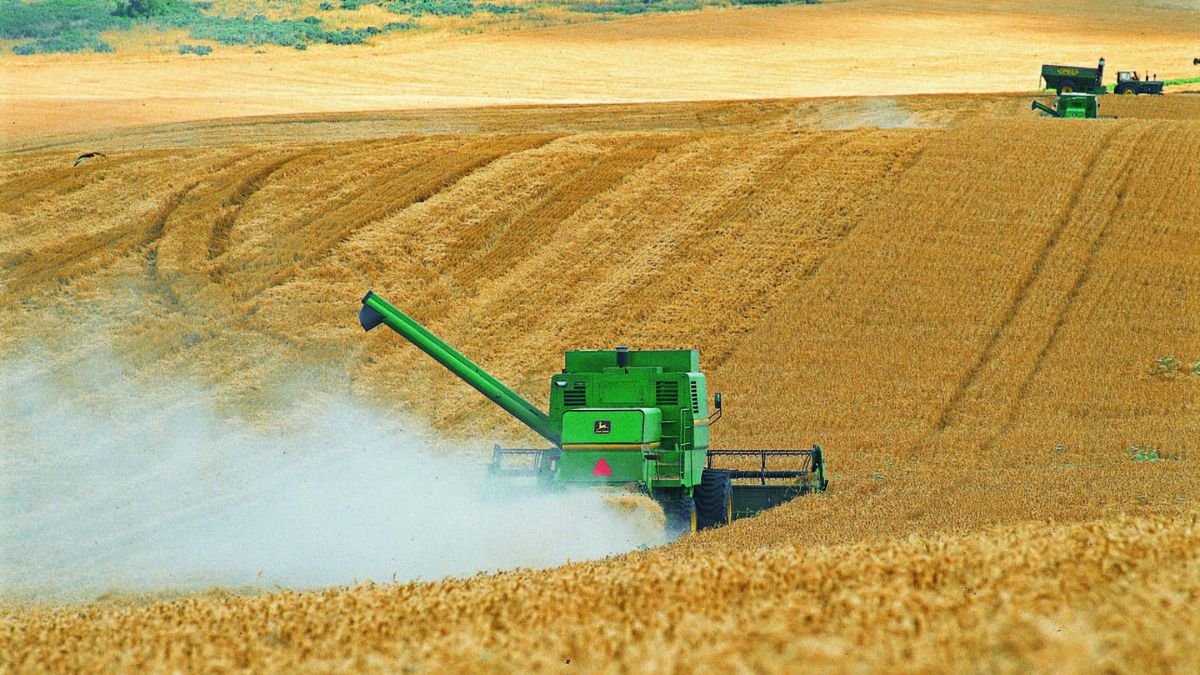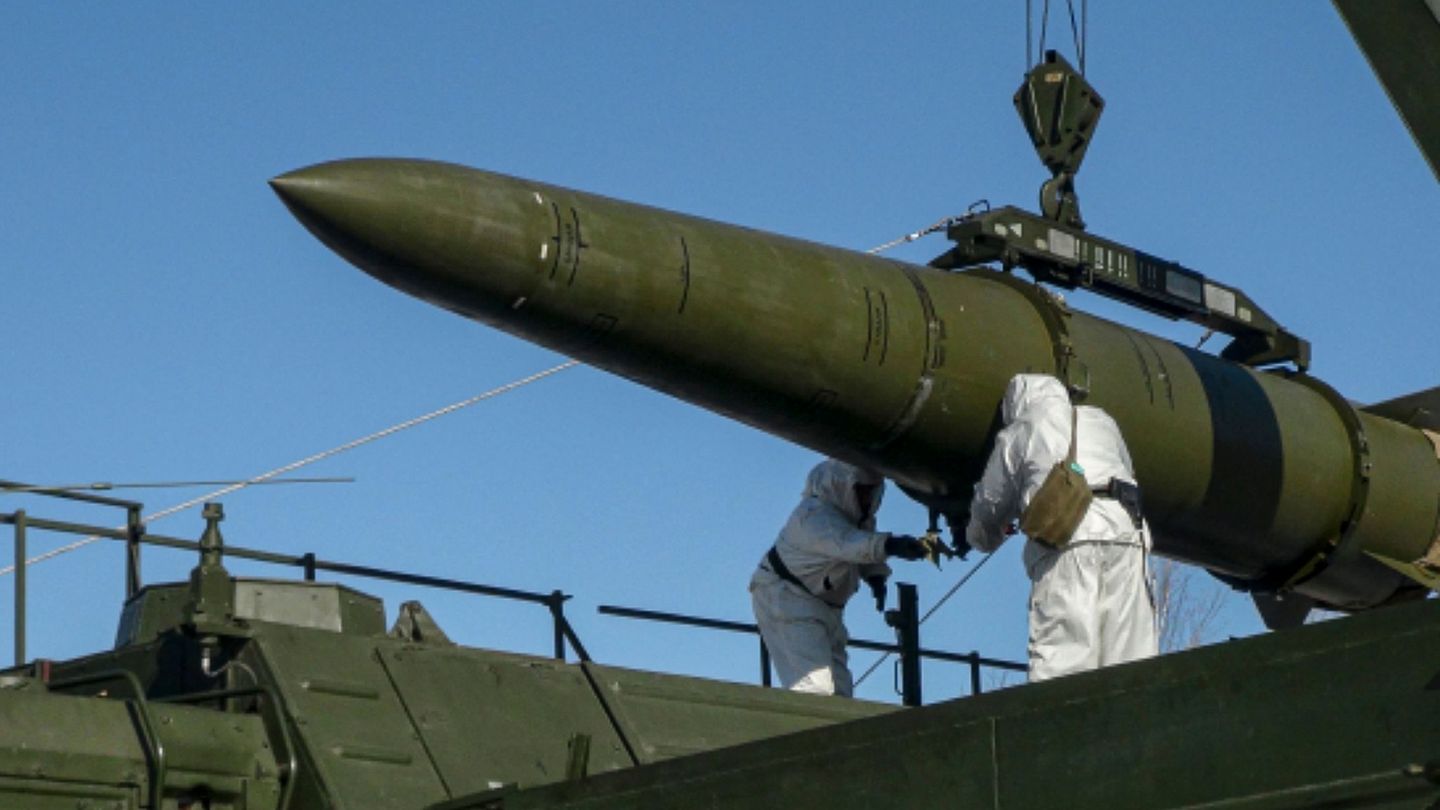Argentina is in an extremely delicate situation. Economic indicators are collapsing month after month. Salaries are pulverized, internal sales plummet. The libertarian slogan “NO SILVER” has effectively become the daily reality of the vast majority of Argentine homes. Once again hopes are pinned on the liquidation of the currencies of the agroindustrial complexalthough it seems that on this occasion the agricultural sector You won’t be able to save the clothes.
Argentina is a country without access to credit. The current Minister of Economy, Luis “Toto” Caputo, owes this heavy inheritance largely to the Minister of Finance of the Cambiemos administration, that is, to that younger version of Caputo himself, who went into debt in record time with private companies during the first stage of Macrism. This generated huge losses on private investorsbut also an unprecedented capital flight that left all Argentines in debt for the next decades.
Let us remember that, in 2018, to guarantee the outflow of these capitals, the largest credit ever granted by the International Monetary Fund (IMF), which is why said institution lost confidence in Finance Minister Caputo. Perhaps that is why, in its current version, the Minister of Economy with each fiscal surplus, at the expense of retirees, workers, public works and an unsustainable accumulation of floating debt, religiously pays the interest on the debt of his previous management in the portfolio. of Finance.
And what does this have to do with the agricultural sector?
As we anticipated, Argentina does not have access to credit and as a result of instability in macroeconomic terms it does not receive investments. The country continues with negative reserves in the Central Bank and only keeps the exchange rate controlled based on regulations (exchange stocks). That is why the Minister of Economy participated this week in the meeting of the IMF and the World Bank (WB) to ensure that he no longer has anything to do with that Minister of Finance, and that if he receives new amounts he will use them to release controls on the economy. But detaching ourselves from the recent past does not seem too realistic for the bureaucratic staff of multilateral credit organizations.
That is why at this moment the agricultural sector becomes key. The sustainability of the government’s economic plan depends immediately on the liquidation of the coarse harvest and in the medium term on the planning of the sowing of the fine harvest.. But both events are conditioned by a series of factors.
Given the persistence of export duties and the need to persevere with the “country tax” on importswhich is one of the main sources of revenue for a government that considers taxes as “theft”, the numbers do not seem to be closing for agricultural producers.
The uncontrolled surge in prices in the economy that we now find out in the worst way is not “self-regulating” appreciated the exchange rate to such a point that in real terms it is already at the same level as in 2023, prior to the August devaluation . The numbers do not close for the agricultural sector.
Regarding the thickness, as had been anticipated, the The decline in commodity prices, combined with the increase in production conditions in pesos, formed a disincentive to liquidate the harvest. Only this week FOB soybeans were at USD 415 per ton (and the FAS at the official price around 250), while at this point the first was at USD 596. The phenomenon is global, but is aggravated by the board Argentine macroeconomic. This may explain the shocking figure of the liquidation rate being 16% (in value) below the previous year, a year of drought.
Regarding the fine crop, according to the recent report published by the INTA of Junín (Province of Buenos Aires), one of the most productive areas of the country, the gross margins of wheat cultivation for the next campaign (2024/2025) show a extremely worrying panorama. Unless exceptional yields are achieved (greater than 45 quintals/ha), the economic result will be negative for wheat production in rented fields.. A situation that will of course worsen in those regions with lower yield potential.
Prices through the roof, salaries and pensions on the decline, companies that lose their “predictability” when their “costs” are controlled, distrustful investors and now a agricultural sector that wants to believe in a government for which it voted, but the numbers don’t close. Decisive weeks are coming for the future of the Argentine liberal libertarian experience.
National Agrarian Group: Germán Linzer (UBA), Patricio Vertiz (UNLP) and Tomas Canossa (UNMDP).
Source: Ambito




